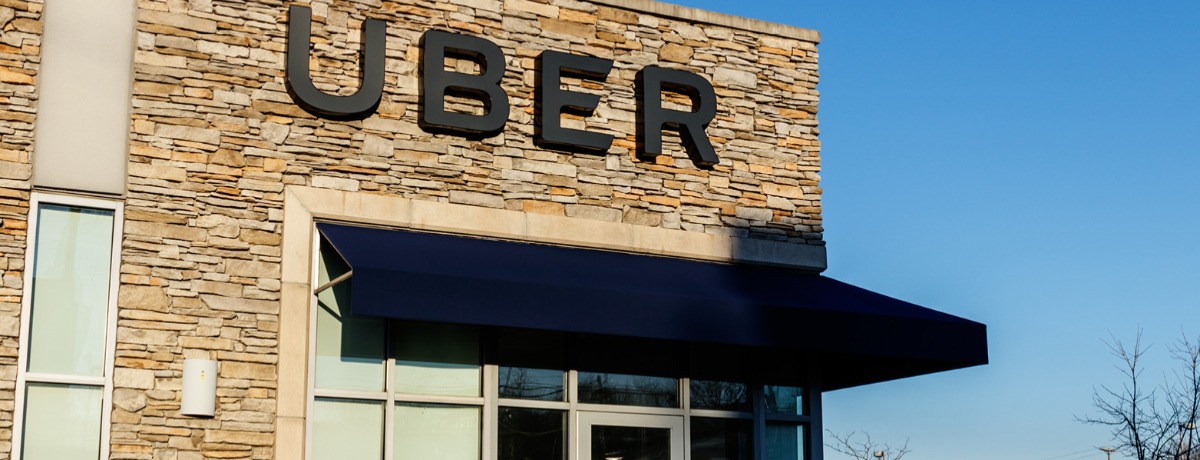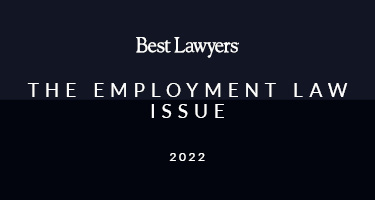Rideshare companies like Uber and Lyft have revolutionized the way we travel. Uber has also helped to turn the employment industry on its head. The premise is simple: People use their own cars to transport other people from one place to another. The trip is arranged using the Uber app. Uber collects a fee for setting everything up and passes some of that money along to the driver.
In Uber’s eyes, they’re not the driver’s employer. They’re simply a third party responsible for connecting someone who has a car with someone who needs a ride. So, while they do compensate the driver, that’s about as far as the relationship goes. That will be Uber’s argument until the end of time.
Why is Uber so aggressive and stubborn in its attempts to make sure that rideshare drivers are classified as independent contractors, rather than employees? There are probably a lot of reasons. Most of them probably concern money and the company’s bottom line. Most certainly, one reason for Uber to want to classify its drivers as contractors would involve an employer’s workers’ compensation obligations under state law.
Uber Can Sidestep Workers’ Compensation Requirements by Classifying Drivers as Contractors
Under Georgia state workers’ compensation law, employers are legally required to carry workers’ compensation insurance if the business has at least three workers. That includes both full and part-time employees. In fact, failing to purchase and maintain a workers’ compensation policy is a misdemeanor.
However, there’s a loophole. Workers’ compensation requirements only apply when an employer has employees. Generally speaking, independent contractors aren’t entitled to recover workers’ compensation benefits. This is true, even if the employer carries a workers’ compensation insurance policy for the benefit of any employees the company does have.
By classifying its drivers as independent contractors rather than full-time or part-time employees, Uber can avoid having those drivers collect benefits from its workers’ compensation policy. If Uber doesn’t have any employees in the state of Georgia, the company can avoid purchasing a policy there, altogether.
Workers’ compensation insurance isn’t cheap. It can cost a company a good deal of money. If workers are involved in tasks that are potentially dangerous, the premiums can get expensive, especially if a lot of workers file claims. That’s certainly an incentive for companies like Uber to work so hard to have states recognize its drivers as anything other than employees.
Drivers Continue to Fight for Benefits
Rideshare drivers, on the other hand, are fighting tooth and nail to be recognized as employees. Most of the time, discussions focus on things like paid time off, health benefits, and salary. What’s often overlooked, however, is the benefits of having workers’ compensation benefits available in the event of an accident.
Workers’ compensation insurance exists because the state wants to make sure that an employee who gets hurt at work doesn’t face financial disaster in the wake of an injury. Getting hurt can lead to costly medical bills and, many times, sideline a worker for a period of time. A sudden loss of income can make it hard to take care of ordinary expenses, such as rent, utilities, and food, let alone the costs associated with a workplace injury. So, workers’ compensation insurance is there as a safety net. Workers can get much-needed money and stay afloat, while employers can avoid the headache of endless litigation.
Driving an Uber isn’t the safest job on the planet. Car accidents happen every day. Many of those accidents involve Ubers and Uber drivers. What happens when an Uber driver gets hurt in one of those accidents? Even though insurance benefits may be available (through the driver’s own policy or Uber’s policy), there might not be enough money available to cover the full costs of the injury. Those insurance companies might even decline to pay the driver if the driver is at fault.
Under Georgia’s no-fault workers’ compensation laws, an Uber driver wouldn’t have to worry about whether or not the insurer would pay. Workers’ compensation benefits are paid regardless of fault. The money is there to help the injured worker, despite their role in causing the accident.
Unfortunately, at the current moment, Uber is winning the driver classification battle. States, including Georgia, currently recognize Uber drivers as independent contractors, not employees who can benefit from workers’ compensation insurance.
However, we may soon see a shift in how states view Uber drivers for the purposes of taxation. That’s because drivers are making solid arguments about misclassification. They’re putting forward legitimate evidence showing that they’re really employees, at least according to IRS rules. Once Uber drivers are recognized as employees by state and federal tax agencies, the rideshare service will have no choice but to change course. When that happens, rideshare drivers and other gig economy workers should be able to benefit from workers’ comp if they get hurt on the job.
About the Author: Stephen Hasner is a workers’ compensation and personal injury lawyer in Atlanta, GA. His firm, Hasner Law, PC, has helped thousands of people injured due to someone else’s negligence.
































